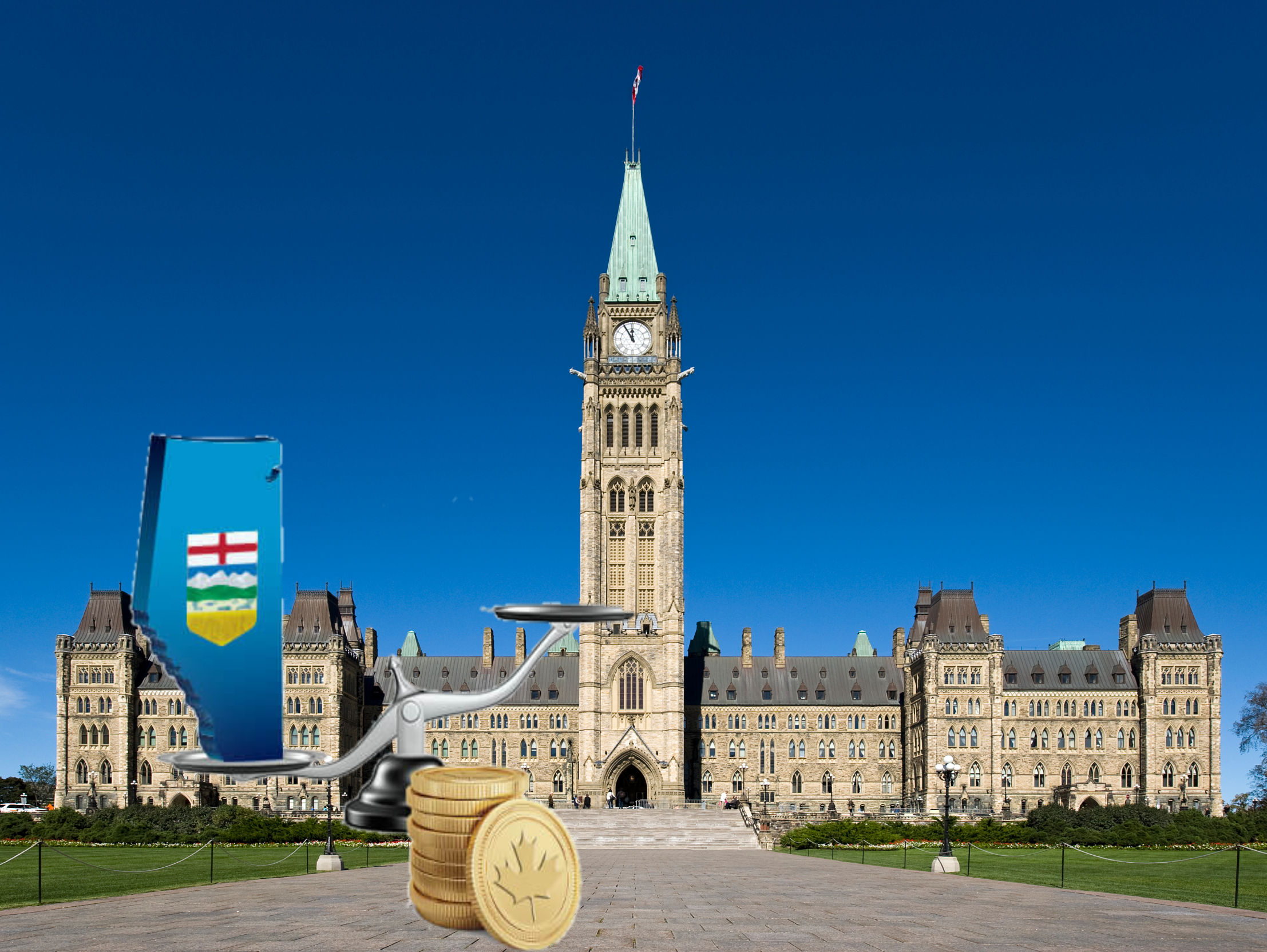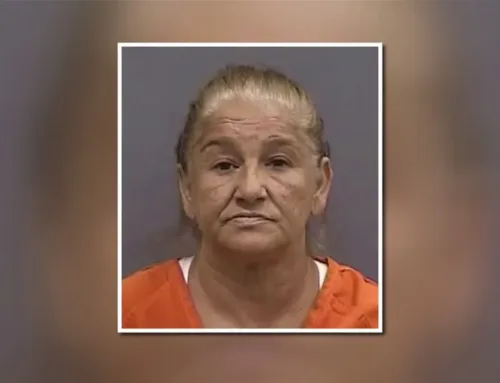Keean Bexte
Published:June 3, 2021
-The Counter Signal
In a historic step to address the inequality Alberta faces within the Canadian confederation, the Alberta government has just tabled a motion to debate and have a referendum on removing the equalization scheme from the constitution.
Government House Leader and Minister of Environment and Parks Jason Nixon gave notice of the motion on Thursday during an afternoon session of the Alberta legislature.
NEW: @JasonNixonAB just gave notice of motion to #ableg to debate and approve the referendum question removing equalization from the constitution.
— Brock W. Harrison (@BrockWHarrison) June 3, 2021
Recently ousted conservative MLA, Drew Barnes, told The Counter Signal that this was “a step,” but wasn’t nearly enough. “I’ve been after Premier Kenney and the government to take much bigger steps in getting Albertans a better deal with Ottawa,” Barnes said. “The best way to do that is an independence referendum in two years at the next election.”
Alberta Premier Jason Kenney promised to address the province’s unfair treatment when it comes to making federal payments last June upon accepting a report from a government panel ordered to study equalization.
The Fair Deal Panel made 25 recommendations to the premier, one of which was to hold a province-wide referendum on the matter.
“The report and recommendations of the Fair Deal Panel are not a cry for help, they’re a demand for fairness. Failure to get a fair deal for Alberta is not an option,” said Kenney in response to the report.
After years of getting shafted by Ottawa for the benefit of Eastern provinces like Quebec, Albertans will finally have an opportunity to make their displeasure heard in the Fall.
Alberta’s equalization referendum will take place during the province’s upcoming municipal elections in October.
All Albertans will be able to vote yes or no on the following question:
“Do you support the removal of Section 36, which deals with the principle of equalization, from the Constitution Act, 1982?”
Some Albertans have claimed that removing equalization from the constitution is not enough and that the province should separate from the rest of Canada. A number of federal and provincial parties including the Maverick Party and the Wildrose Independence Party have promised to give Albertans the opportunity to decide whether they want to remain a part of Confederation.
Those opposed to the federal equalization program as it currently stands have argued that the scheme unfairly targets Alberta for its wealth.
One recent study by the Macdonald-Laurier institute described equalization as “broken” and requiring reform.
With the UCP majority in Edmonton, Albertans can safely expect the motion to pass. Voters will be called to the polls in October of this year to make a decision.




